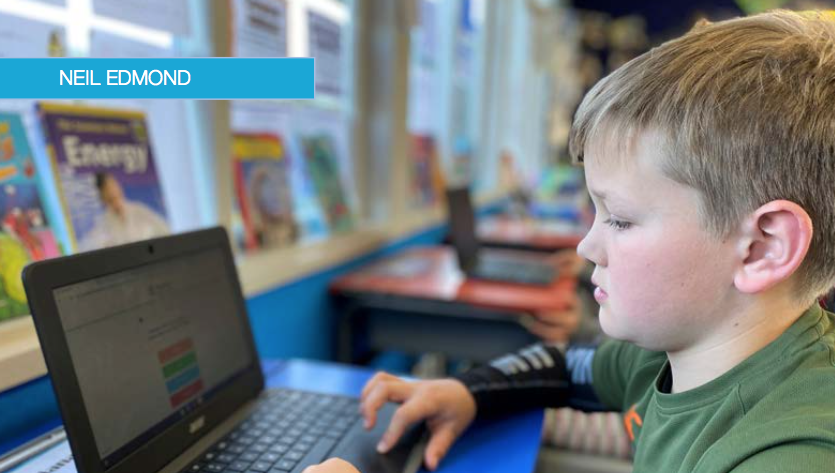What are Your Options?

From a practical standpoint, it is in the later years of primary school and early high school that most children start having a meaningful amount of money to spend, from pocket money or from doing jobs. They are also starting to become aware of the power of money and the things they can do with it. This is the ideal time to build an understanding of how money works in the world and to develop good lifelong financial habits.
Happily, there are some good resources and programmes available in New Zealand designed to equip young people with financial knowledge and skills.
The starting point for most people is school programmes. Not surprisingly, most resources are sponsored or provided by banks. Some involve paid facilitators such as ASB’s GetWise school visits (years 1-8), Westpac’s Manage Your Money workshops (high school), and Westpac’s facilitated Zombie Cash-tastrophe game (ages 12 and up). Others have an online component like Kiwibank sponsored Banqer (years 2 to 8), Banqer High (secondary school) and BNZ sponsored Bamzonia (age 5-13).
One hundred percent self-taught online resources include MoneyTime (years 7 and 8) and The Commission For Financial Capability’s Sorted in Schools (secondary school). With the exception of MoneyTime, these programmes are only offered through schools. Kid’s Coin is available in schools or at home, as well as family workshops.
Schools are an important place for kids to learn about money because of the structured learning environment. However, not all children attend a school using one of these programmes and parents should also look to expose their children to different, perhaps more comprehensive resources. Additionally, the use of money is closely tied to family circumstances and fiscally responsible role models are essential for kids to learn positive financial attitudes and habits. So, home education about money is critical.

The problem here is many parents weren’t taught financial literacy themselves so they don’t have the necessary knowledge or confidence to teach things that they had to learn themselves through trial and error.
However, if parents want to upskill themselves, there are plenty of books on how to teach financial literacy to kids. Rich Kid, Smart Kid, by Robert Kiyosak,is an early benchmark and I highly rate Scott Pape’s, The Barefoot Investor For Families. If you want to be hands on getting your child to develop good attitudes towards money from their early years, you can’t miss with Scott’s down to earth, common sense advice. You’ll also have a laugh because he’s got a fair dinkum Aussie sense of humour.
Board Games are also good teachers. They put learning into a game situation and turn what is potentially an intimidating topic into something fun. Monopoly, Poleconomy, Life and Cashflow for Kids (Rich Dad, Poor Dad) are well known classics.
Taking it a step further, there are two things kids love doing: Being online and playing games. So what better way to teach New Zealand kids financial education than with an online game? Monopoly and Life have digital versions available for those with gaming consoles – better a money management game than some mindless WW3 scenario.
And then there is MoneyTime, a comprehensive online programme designed to specifically teach financial education to 10 – 14 years. MoneyTime incorporates 30 self-taught modules and automatically marked quizzes, covering the full spectrum of financial literacy. It is highly interactive, with students having to input data regularly throughout the modules. They are rewarded with money for each correct answer to spend on avatars and investments within the program, which builds confidence in making their own financial decisions.
There are also 13 modules designed specifically for students to do at home with their parents. These serve to revise and reinforce the classroom modules and put the learning into their family context. They also provide a fun way for parents to interact with their children.
Whichever way you decide to teach your children about money, now is better than later. The sooner they are introduced to concepts like budgeting, borrowing, investing and business, the more normal these ideas become to them and the more confidence they will have in utilising them as they get older.

